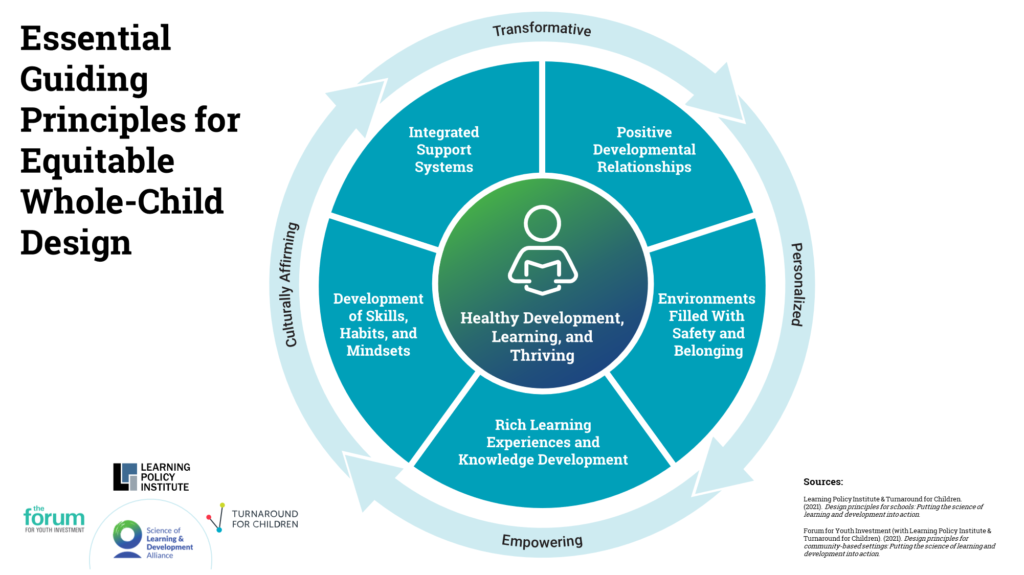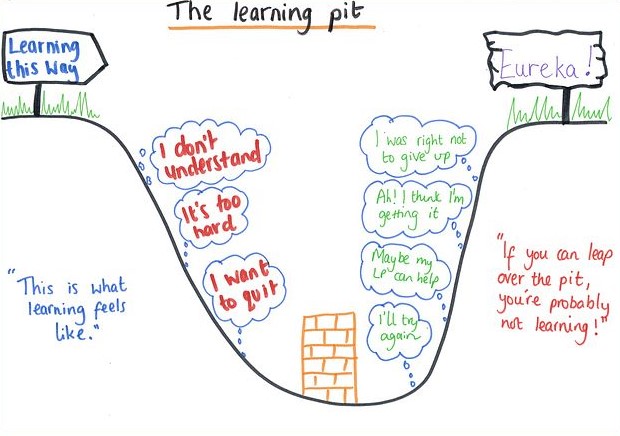Each week one of our team members shares a Weekly Remix Round Up that lifts up a topic they’ve been reflecting on or something that sparked their interest based on an article they’ve read, a conversation they’ve participated in, etc. – that lifts up a topic they’ve been reflecting on or something that sparked their interest.

Raising achievement or engaging students?
We don’t have to choose!
I’m not sure why a KQED reshare of a July article from the Hechinger Report appeared in my inbox last week. But the title certainly got my attention. Researchers Find a Tradeoff Between Raising Achievement and Engaging Students.
To be clear, the researchers did find a clear pattern when they analyzed 53 elementary school teachers in four districts who had been randomly assigned to schools. The test scores of 4th and 5th graders were lower in classrooms where high percentages of students reported that “math class is a happy place,” “I’m learning to love math,” or “the things we’ve done in math this year are interesting.” It would seem that, once again, parents and school administrators have a dilemma – do we want our kids to be happy or smart?
To be clear, the researchers did find a clear pattern when they analyzed 53 elementary school teachers in four districts who had been randomly assigned to schools. The test scores of 4th and 5th graders were lower in classrooms where high percentages of students reported that “math class is a happy place,” “I’m learning to love math,” or “the things we’ve done in math this year are interesting.” It would seem that, once again, parents and school administrators have a dilemma – do we want our kids to be happy or smart?
This dilemma is closely tied to the accountability clock that permeates the k-12 education system. But this dilemma is not grounded in the science of learning and development. Mastering math concepts is hard work, but it is also rewarding, and it can be fun. This is a dilemma grounded in our systems’ lack of support (and research) on “good teaching” practices that balance those five non-negotiables as mentioned in the image below.
This dilemma is closely tied
to the accountability clock that permeates the
k-12 education system.

Getting the balance right is difficult, but not impossible. Six of the 53 teachers were able to motivate high achievement and high engagement. When they were compared with six high achievement/low engagement teachers, some common patterns emerged. The “doubly good” teachers:
had good classroom management skills.
- maintained orderly classrooms, they proactively setup clear behavioral rules and had lots of routines.
- used active learning approaches, employing active learning approaches to reinforce concepts (hands on materials, student-centered work, teams).
- had a good sense of pacing and understanding of child development (e.g., attention spans).
Kids who see themselves as engaged learners are on a trajectory that makes it easy for them to make up for missing instructional content if needed.
We can do a much better job of helping teachers find their grooves. This starts with acknowledging that engagement really does matter. When these researchers looked ahead five or six years, they found that the students who had more engaging elementary school teachers subsequently had higher math and reading achievement scores and fewer absences. While the long-run benefits to the students of teachers more effective in raising achievement had faded.
Once again, researchers have proven what most of us have experienced. Attachment to learning matters. Kids who see themselves as engaged learners are on a trajectory that makes it easy for them to make up for missing instructional content if needed. It’s a different story for those whose formative experiences in trying to master a core subject (or an interest) caused them to disengage.
Pre-COVID, one of my favorite slides to use featured this Learning Pit image.

It visually shows the relationship between motivation and mastery. It’s not fun to get stuck at the bottom of the pit. But the feeling of mastery if you have adults and peers who can help you up the incline is infectious.



No comment yet, add your voice below!